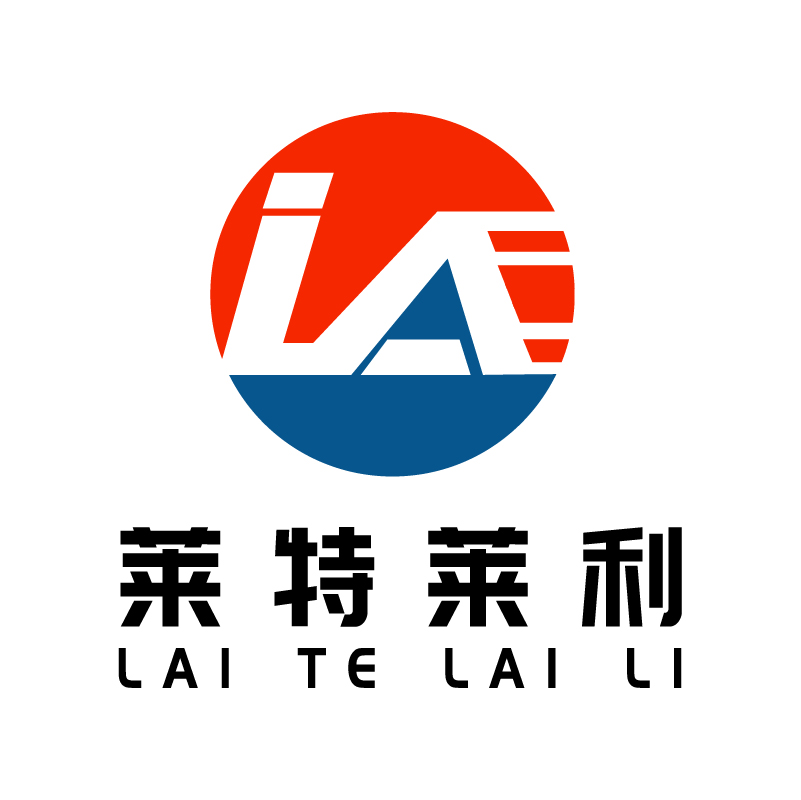What are the differences in the requirements for carbon belts in different industries?
There are significant differences in the requirements of different industries for carbon belts, which is mainly due to the different needs of various industries for label printing quality, durability, cost effectiveness and special environmental adaptability. The following is a detailed analysis of the carbon belt requirements of several typical industries:
Retail industry
Print quality and clarity: The retail industry usually needs to print a large number of commodity labels, price labels, etc., which has high requirements for print quality and clarity. Therefore, the retail industry prefers to choose high definition carbon strips, such as mixed-base carbon strips or resin-based carbon strips, to ensure that the information on the label is easily identifiable.
Cost-effectiveness: Considering the huge amount of label printing in the retail industry, there are also high requirements for cost-effectiveness. Therefore, under the premise of ensuring the quality of printing, the retail industry will tend to choose a moderate price, cost-effective carbon strip, such as wax-based carbon strip or mixed carbon strip.
Logistics industry
Durability and weather resistance: The logistics industry will experience a variety of harsh environments during transportation, such as humidity, high temperature, friction, etc. Therefore, the logistics industry has high requirements for the durability and weather resistance of the carbon belt. Resin based carbon strip is favored by the logistics industry because of its excellent friction resistance, scratch resistance and high temperature resistance.
Label size and type: Logistics labels come in a wide variety of sizes. Therefore, the logistics industry needs to choose carbon belts that can adapt to different sizes and types of labels to ensure the consistency and stability of the printing effect.
Manufacturing industry
Production line tracking and quality control: Production lines in manufacturing require barcode printers to track the production process and quality control of products. Therefore, the manufacturing industry has high requirements for the printing accuracy and stability of carbon belts. Mixed base carbon strip is widely used in manufacturing because of its high resolution and excellent printing effect.
Special environmental adaptability: Some manufacturing fields, such as chemicals, electronics, etc., have higher requirements for the special environmental adaptability of carbon belts. For example, in the field of chemical engineering, it is necessary to select high-temperature carbon belts that can withstand chemical solvent wiping; In the field of electronics, it is necessary to select high-temperature labels and carbon belts with anti-static treatment.
Medical industry
Health and safety requirements: The health and safety requirements for labels are extremely high in the medical industry. Therefore, the medical industry is more inclined to choose non-toxic, harmless and environmentally friendly carbon belt materials to ensure the safety and reliability of the label in the medical process.
Durability and clarity: Medical labels often need to undergo multiple disinfection and cleaning treatments, so the carbon strip is required to have excellent durability and clarity. Resin based carbon strip is widely used in medical industry because of its abrasion resistance and chemical corrosion resistance.
Other industries
Special needs: In addition to the above industries, other industries such as food, pharmaceuticals, etc., may also have special needs for carbon. For example, the food industry may require carbon strips to be water and oil resistant; The pharmaceutical industry may require the carbon strip to have anti-static, anti-ultraviolet and other properties.
To sum up, there are significant differences in the requirements for carbon belts in different industries. When selecting carbon belts, industries need to consider factors such as print quality, durability, cost effectiveness and special environmental adaptability according to their specific needs and application scenarios.



